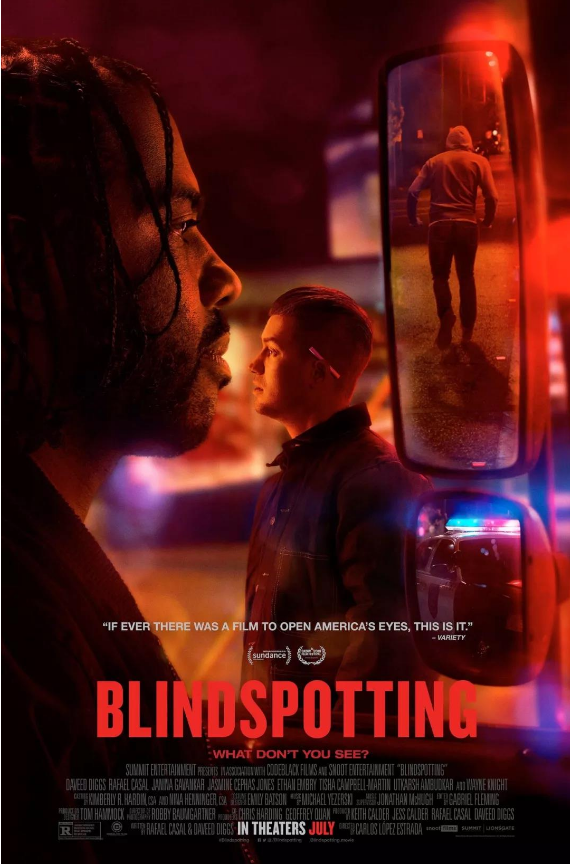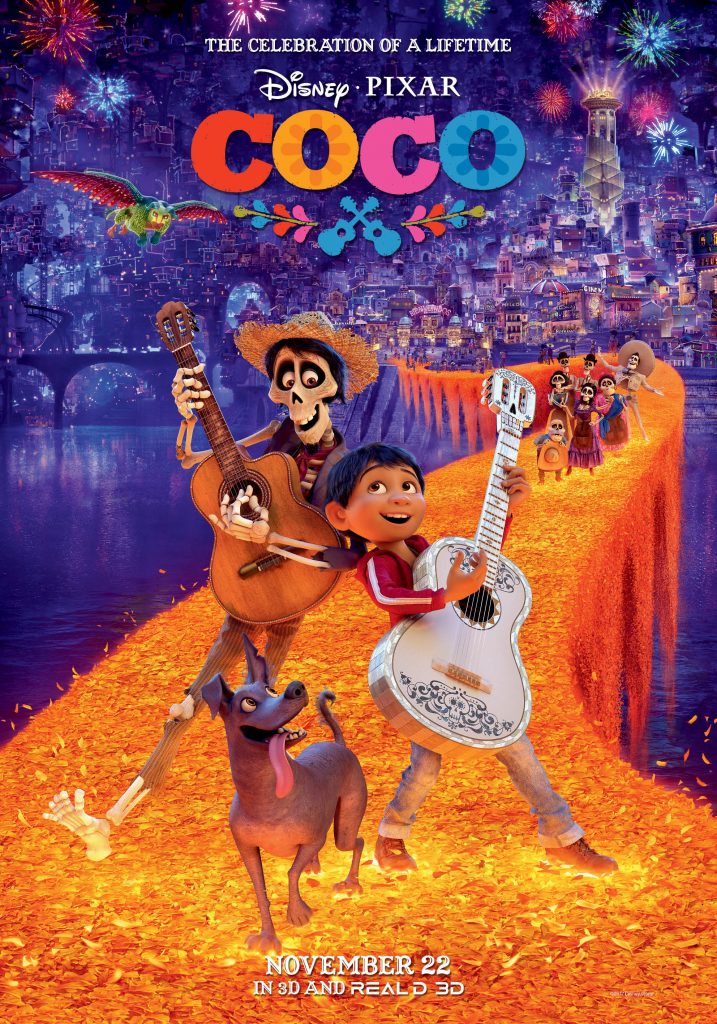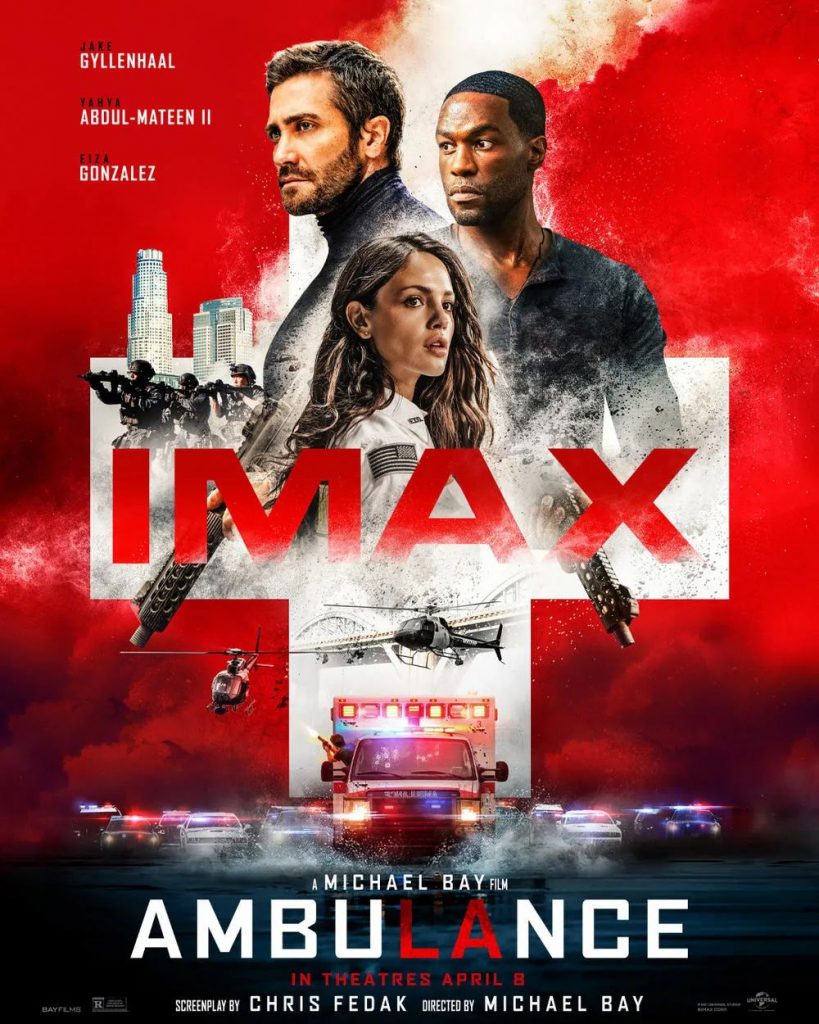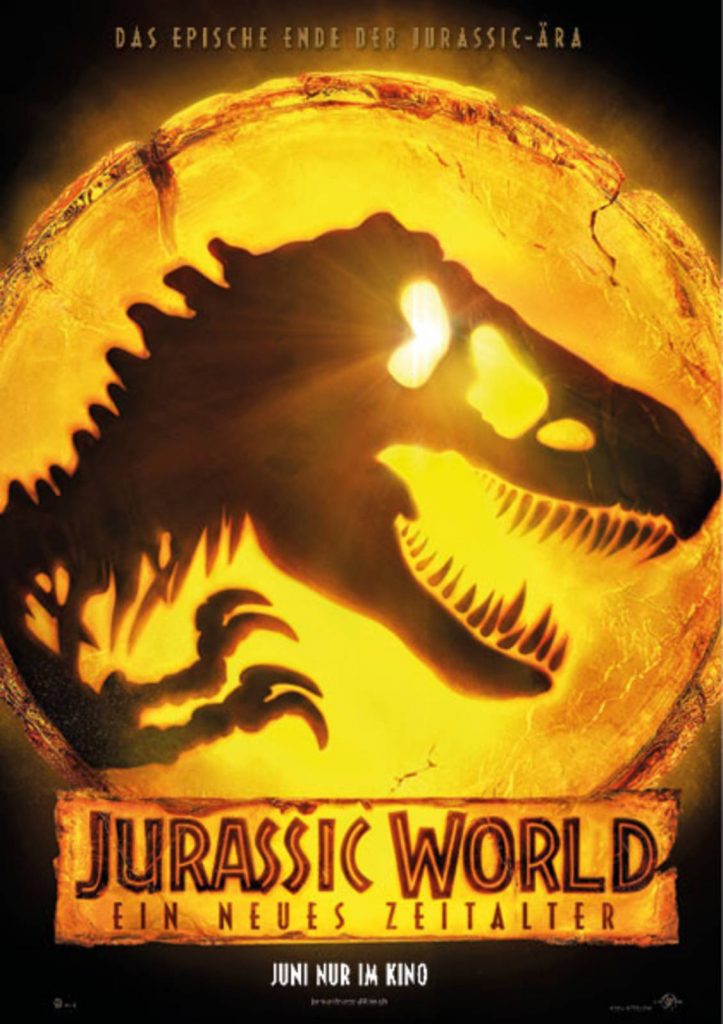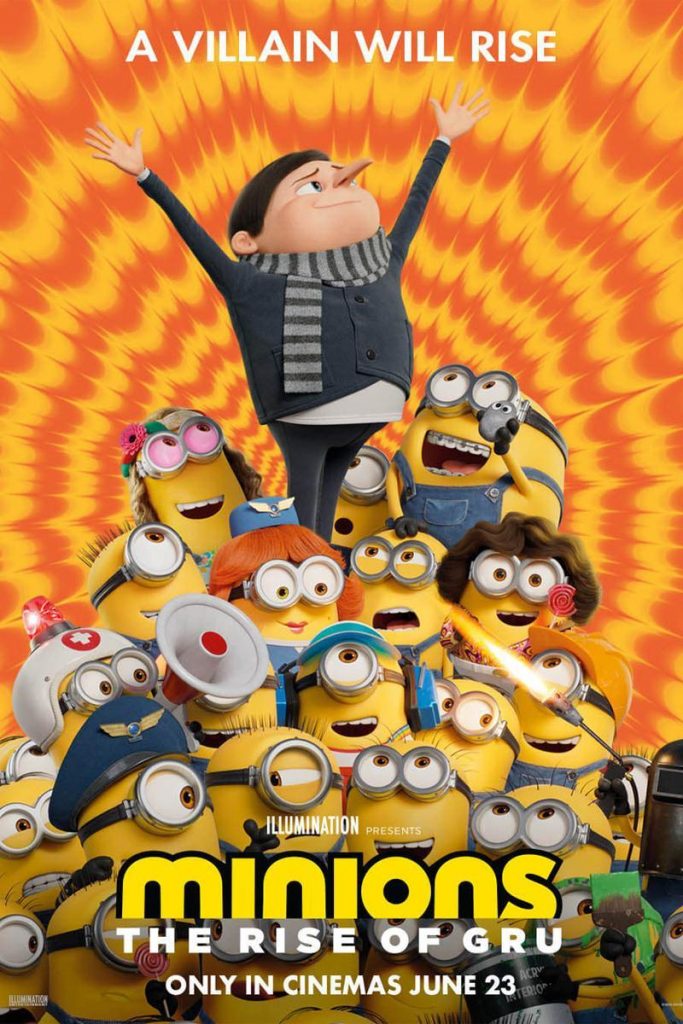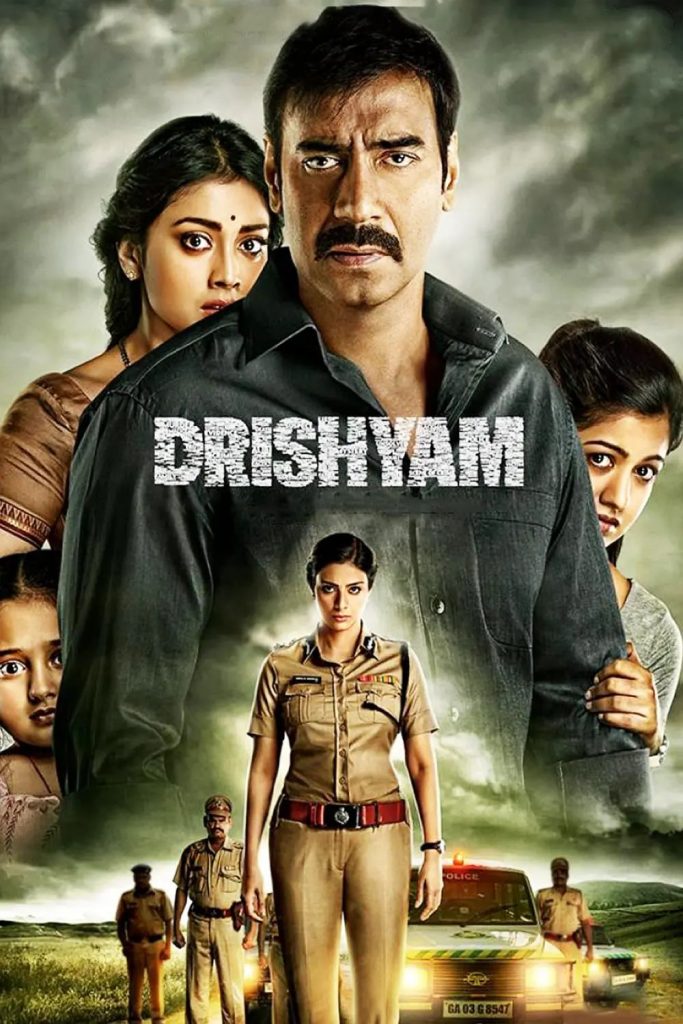Seriously, it’s been a long time since I’ve felt like burning up. After watching this street-filled crime movie, I instantly felt cooler than ever. Every frame of the film makes you want to shout “skr, skr”. No wonder celebrities from all walks of life have been calling for it since its release, from rappers to Oscar winners, and the director of Moonlight Boy has even stood up for it.
Some put it in the top ten of the year. Whether it’s the script, the filming, the score, the art, it’s impeccable. Others were blown away by its dazzling vibe. At the end of the day, it’s a story about black people looking at themselves and breaking free from stereotypes. Colin, an ordinary citizen of the small American town of Oakland. Jailed two months ago for arson, he is now on a year-long bail.
During the bail period, obeying the law is a certainty. On top of that, one has to maintain employment, take up assigned chores and must be back at the rectory at eleven o’clock at night. No smoking, no fighting, no drugs, no touching guns… In short, to be a good young man for the good of the community and to do right by himself. So Colin led a very Buddhist life – Get up at 6.30am sharp and go for a run.
Buy healthy fruit juice, even if it’s hard to drink. Clocking in at work on time and working diligently. An 11pm curfew that was never broken either. A black criminal with all the restlessness removed from his blood. A strict disciplinarian, following the rules and hardly ever even losing his temper. To be honest, it was a bit of a contrast. It wasn’t until the penultimate day of his bail term that Colin witnessed a shooting death.
A white police officer, without hesitation, shot and killed a black man who was running away. The case, which caused a huge stir in Auckland, also left a lingering shadow on Colin’s mind as a witness. In a diverse Auckland, racism is still inevitable. Even black people who are good at heart and unarmed can be branded as dangerous and ultimately inevitably shot. Just because they, well, look like bad guys. This is something that terrifies Colin deeply.
Countless times he dreamed that he could see untold numbers of black people standing in front of the tombstones, scrutinising him. As if the next one, was himself. In contrast, Colin’s white friend, Miles, lived a much more comfortable life. Miles had a wife and children, but was always out of work. He was always tinkering with guns and sticks, in case people didn’t know he was an abomination.
If Colin is desperate to get rid of the “bad guy” label, Miles is desperate to put it on. He fights, he carries a gun, he curses, and he dislikes people at every turn. Colin, who wanted to be healthy, was always ridiculed and was too impersonal. However, the day Colin went to jail for arson fighting, Miles next to him fought even harder than he did. The police, however, only arrested Colin.
No matter how much Miles exploded in the street and honked his horn furiously. The onlookers also only remember the man in question, a black man with dirty dreadlocks and a beard. The cool and farcical episode provokes thoughts on various race-related issues. While these are actually clichés, it’s the first time we’ve seen them shown so nakedly on the big screen. But its formula is different. The stereotypical black man lives a disciplined, disciplined life, while the white man becomes the cursing, cursing, cursing ‘nigger’. It’s an amazing observation. Colin has only two days left on his bail and he wants to stay out of trouble as long as possible.
But Miles, who is used to being wild, keeps getting into trouble. Fighting at parties and even ending up pulling out a gun, scaring the hell out of the honest people. In fact, Myers was troubled. In a neighbourhood full of black people, he didn’t want to be looked down upon and called a “white underdog”. He tried to change his style of dressing and his habits. He even pretends to look like he doesn’t care about the consequences, to be arrogant and cocky, to carry a gun around. Isn’t that what black people do best?
See, that’s what the title of the film says, “Blindspot”. Everyone sees things in a different way. No matter how you look at it, there is always an aspect that we overlook. Even if someone else points out another possibility for you, and the brain automatically remembers what it wants to see in the first place. It’s easy to dismiss a person because of a stain, and it’s easy to dismiss a group of people because of the sins of a small group of people. There is no way that a white man fitted with gold teeth can reach the heart of a black man. How could Myers have known the anger, the fear, the angst inside black people in the shadow of racism? Colin, who witnessed that shooting, would have even been scared to tears under the glare of police car headlights. Conversely, could the more stoic and restrained Colin have rid himself of the black soul in his bones? No.
When he is released from prison and meets the cop who shot the black man again, he still can’t help but point his gun at him. A rousing rap about the fears and frustrations of the black community. It’s like an American version of Lu Xiu Cai vs Ji Wu Ming. When the black and white races are misplaced, when life is dominated by fear, they recognise that the world carries unease. At the end, the policeman says “I didn’t mean to do it”. It is not clear whether the director’s intention is to reflect the complexity and helplessness of the problem or to balance the accusatory tone of the film. Perhaps everyone is holding on to a thread, trying to live a safer life. This definition of safety is surprisingly unattainable by oneself, and must be seen through the eyes of others.
But in the end no one is really safe. All people have blind spots in their vision. Even if we know the theory by heart, we can still see the forest for the trees in reality. Sometimes we blame ourselves too much, sometimes we blame others too much. If we can’t get over it, the only way is to remind ourselves to get used to it. But know that we are all first timers, so no one should look down on anyone.
